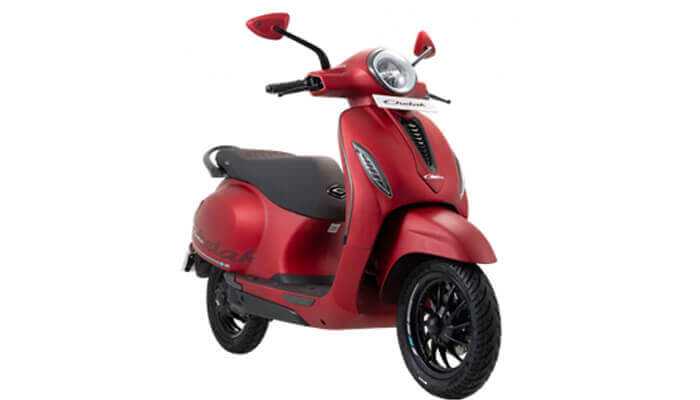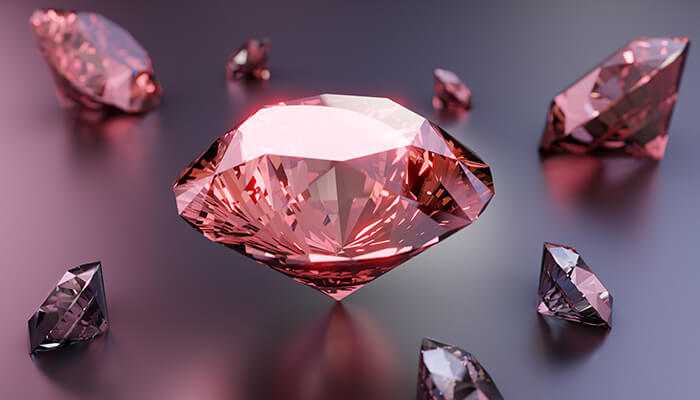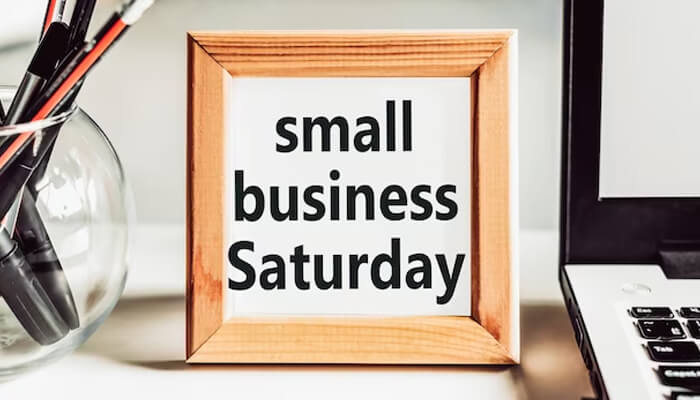Huda Kattan receives the kind of fervent admirers one might typically associate with A-list Hollywood stars whenever she walks the red carpet.
In honor of the tenth anniversary of her cosmetics brand, Huda Beauty, she has taken over a building in Paris that is close to the Eiffel Tower and transformed nearly every interior space into a hot pink space.
Everywhere you look are glamorous people, neon signs, and make-up stations stocked with her products.
When she arrives, the street is filled with excited fans. As she ascends the stairs, the invited influencers and makeup artists chant her name inside: “Hu-da, Hu-da, Hu-da.”
Many queue to take selfies with her; some even cry when she gives them a hug.
Kattan’s smile never wavers throughout.
This year’s BBC 100 Women list honors 100 remarkable and powerful women from around the globe, and Kattan is one of them.
With more than 50 million followers on Instagram, her cosmetics brand is the biggest makeup brand, with a valuation of over $1 billion.
However, she criticizes social media and the beauty industry harshly.
She declares, “I think the beauty industry is sexist.” It frequently objectifies women. Women can truly be reduced to nothing more than how they look.”
She claims to understand how annoying it is to have one’s appearance be used against her, having grown up as a woman “who likes to glam”.
However, she acknowledges that making snap judgments about other people is a common flaw and that she needs to improve on it.
She discovered that some people in the industry did not take her seriously when she first started her own business.
Her words, “I struggled so bad,”
When we were in a meeting, they would frequently look my husband in the eye instead of me and completely ignore me.
Her husband would say, “Don’t talk to me, talk to her,” but they would just keep talking to him, according to Kattan.
She is enraged by the beauty industry’s sluggish progress towards inclusivity and representation.
Growing up as the daughter of immigrants who relocated from Iraq to Tennessee, Kattan claims she was constantly told she was ugly.
Selling products in deeper shades and foundations that complement a variety of skin tones, according to her, is a top priority.
She acknowledges that the industry may be going in the right direction overall, but she claims it is moving at a “snail’s pace”.
“I told the manufacturers, ‘I need a richer skin tone product,’ while we were in the labs together. People’s skin tones vary greatly, and I’ve witnessed them apply actual black pigment.
I believe that misunderstandings persist. And in the end, it all boils down to the manufacturer—even certain brands.
The main reason for Kattan’s success is her social media presence, where she posts reviews and make-up tutorials along with pictures of herself and her family and friends in Dubai, where she currently resides.
Her carefully chosen way of living is a logical progression from her early days as a beauty blogger. She was a huge fan of social media, to start.
“I thought it was just the best thing,” she continues. As you may know, Huda Kit democratized voices. Everyone was given the opportunity to express themselves. It was supposed to be a place where people gathered.
Rather, according to her, it has evolved into “a dopamine-hacking algorithm to keep people’s eyes glued to a screen”.
She’s become incredibly pessimistic about its potential now.
Do I now support social media? No, I don’t. Does it seem wise going forward? No, I don’t. I no longer do.”
Now that Huda Beauty is ten years old, Kattan hopes that some women of color have found inspiration in her.
Source: Cosmo Politian











